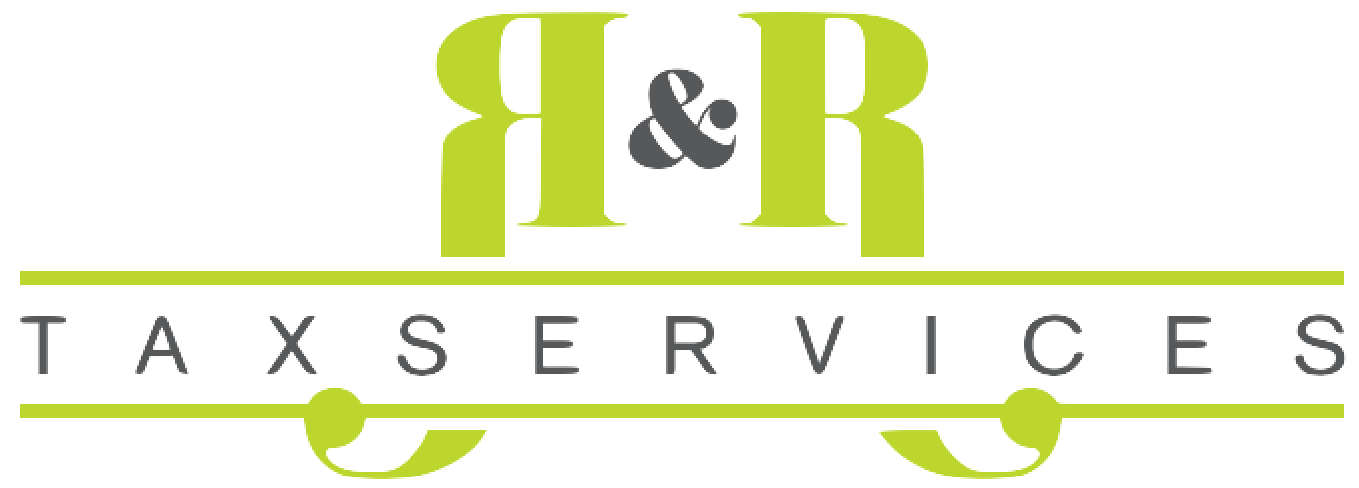If you are a homeowner or thinking about buying a home, you might want to keep these tax benefits in mind. Depending on your circumstances— income, type of home, the value of the home, etc. —owning a home will make some difference in your filing come tax season. The prospect of a down payment and maintenance repairs may dissuade many from taking the leap to homeownership. All this might be true, but there are tax benefits that can help ease that worry. Every situation is different, but let’s take a look at some available tax deductions and benefits that come into play for many homeowners.
A Background on Real Estate Tax Deductions and Credits
It’s not so much that the federal government wants everyone to own a home. The real estate industry, however, has a vested interest in people buying. They have pushed and lobbied for homeownership tax benefits to encourage people to pull the trigger on the home they love.
The Tax Cuts and Job Acts
The famous Ben Franklin saying about “death and taxes” being the only sure thing in this life has made the rounds by this point in the 21st century (some things never change). The only caveat to this today might be, how much taxes. It’s hard to say because the law is always changing. Franklin would have been appalled at the gargantuan tax code that applies today.
The Tax Cuts and Jobs Act, for example, would change the standard deduction for homeowners, which meant that fewer people could take advantage of this particular benefit.
An Overview of Tax Deductions
If you’ve been filing taxes for any amount of time, you’ve likely come across a deduction or two. A deduction refers to a reduction of how much tax you owe. Itemized deductions apply when you itemize expenditures. So, it can be beneficial to itemize when the itemized deductions are a higher amount than what is called a standard deduction. The difference between the standard deduction and your itemized deduction (assuming the latter is higher) is what you will save.
As Forbes magazine puts it, if a single person, a head of household with three kids, and a married couple each buy the same house for the same price with the same mortgage and same standard deductions, the married couple will see the least savings.
What Types of Tax Benefits Exist for Homeowners?
Itemized deductions need to surpass the government’s standard deduction in order to add up to some savings.
Standard deductions for 2020 looked a little like this:
- $24,800 for couples filing jointly
- $12, 400 for single filers and married individuals that file separately
- $18,650 for heads of household
What Types of Tax Deductions Exist for Homeowners?
Common tax deductions usually include:
Mortgage Interest: For homeowners that itemize this might be the biggest deductions. There is a limit on how much of the interest you paid can be deducted. There have also been several changes to this. For example, you can deduct the interest on up to $750,000 or mortgage debt. This rule changes if your mortgage is less than this amount.
Real Estate Taxes: State and local property taxes are a big part of what you pay every month. The deduction for this has a limit of $10,000. Depending on your state, you may not be able to deduct everything you pay.
Private Mortgage Insurance. If you also pay PMI every month, the IRS counts private mortgage insurance, VA loan funding fee, USDA loan guarantee fee, FHA loan up-front mortgage insurance premiums.
Discount Points. If you purchased discount points when you signed for the loan, you may qualify for a deduction. This only applies to points bought to reduce the interest rate.
The Home Office Deduction
Buying a new desk does not necessarily count. After 2020, the home office deduction became pressingly relevant. As many people started working from home, many wondered if the deduction applied to them. The home office deduction, however, does not apply to employees working from home, only to small-business owners and self-employed people that use their home as their central place of business.
Home Expenses and Medically Necessary Home Improvements
Only certain expenses and home improvements will qualify for deductions. These might be expenses deemed “necessary.” The definition might be vague, but it refers to renovations or additions made to your home necessary to inhabit it. Replacing a water heater, for example, might qualify. Installing a ramp if you or someone in your family is disabled can fall under the medically necessary category.
Wondering About Homeowners Tax Benefits and Deductions? Find a Tax Expert today.
R&R has been helping El Pasoans and nearby residents sort out their taxes for many years. The truth is, they can get complicated. If you just purchased a new home or are thinking about buying one, explore the information available to you. If you want information about possible tax benefits, call our office today.

